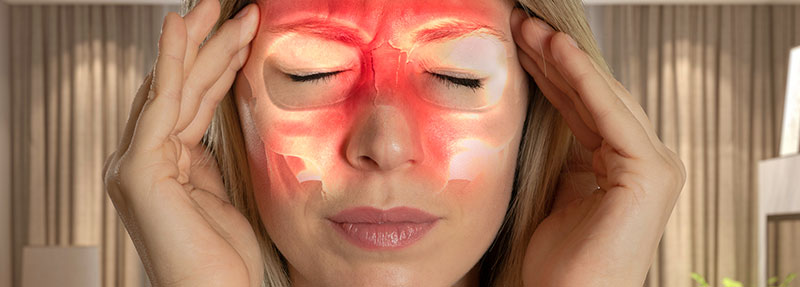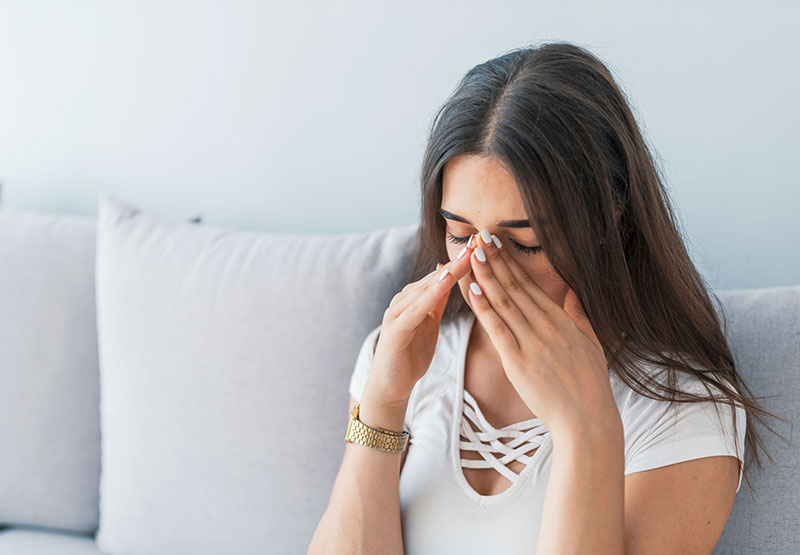
One out of every five U.S. adults has nasal allergies (allergic rhinitis).
The resulting sneezing and congestion sometimes leads to sinus problems. This is because swollen or irritated mucous membranes affected by allergies can block your hollow sinus cavities. The good news is that if you respond well to treatment provided by the best sinus and allergy specialist in Los Angeles, you may find yourself literally breathing easier.
Identifying an Allergy Source
A physical exam and a review of your symptoms often provides some clues for the best sinus and allergy specialist in Los Angeles when determining if you would likely benefit from further evaluation for possible allergy problems. If allergies are suspected, you may be asked to keep an allergy diary for a week or so to help identify your likely triggers. There are two main tests that are given to check for allergies:
- Skin test: Sometimes called a “skin prick test,” this approach to allergy testing exposes you to small amounts of proteins found in common allergens. If you are allergic, a hive will appear at the skin prick site.
- Blood test: Specific IgE (sIgE) blood testing is done to measure the amount of antibodies in your symptom associated with allergies.


Diagnosing a Sinus Infection
If you have no known or detected allergies, your symptoms are likely related to a sinus infection if they include sneezing, congestion, a runny nose, and difficulty breathing through your nose. The best sinus and allergy specialist in Los Angeles may then perform tests to determine if you have a sinus infection. This process often involves:
- Direct sinus visualization with an endoscope
- An X-ray or a CT scan to look for possible structural issues
- Testing of a sinus/nasal sample to identify the type of infection
Treating/Managing Allergies
Avoidance of known triggers is the most common way to manage allergies. But if this approach to symptom management isn’t effective for you, the best sinus and allergy specialist in Los Angeles may recommend immunotherapy, which involves a series of injections meant to help your immune system become less reactive to certain allergens. In order to effectively manage your allergies better, you may also be advised to:
- Take over-the-counter or prescription medication to reduce your immune system’s reaction to allergens
- Wear a bracelet that clearly states what you are allergic to in case you have a reaction in public
- Carry emergency epinephrine with you to counteract a severe allergic reaction
Treating Sinus Issues
Some people have sinus issues without also having allergies. Sinus infections by themselves are usually treated with antibiotics, nasal decongestant sprays, and antihistamines. Sinus passages can also be kept clear with nasal saline washes. In rare instances, surgery may be recommended to correct anatomical defects if other attempts at symptom management aren’t effective.
When allergies are affecting your sinuses, improving how you manage your allergy symptoms often makes it easier to deal with sinus issues. The best sinus and allergy specialist in Los Angeles may also recommend adjustments to diet and exercise habits to boost your immune system to help build up your body’s natural defenses to allergens and/or sinus infections.

